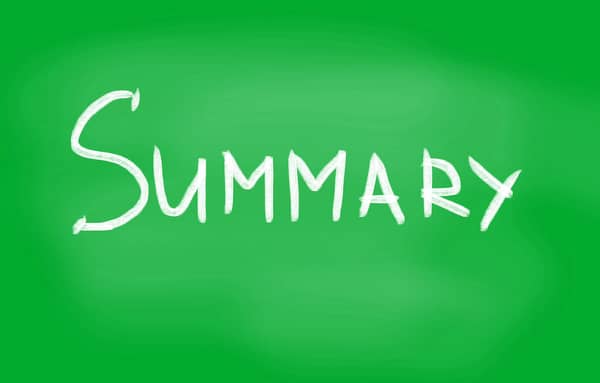What is Lord of the Flies short summary? William Golding’s captivating 1954 novel, “Lord of the Flies,” is a gripping story of survival and savagery that explores the darkest corners of human nature. The book follows a group of young boys who find themselves stranded on an uninhabited island after their plane crashes. Left to their own devices, they attempt to establish a system of order and governance to survive.
What is Lord of the Flies short summary? (Answer)
Initially, the boys come together and elect Ralph as their leader. They create rules and start building shelters. However, things begin to unravel when Jack Merridew forms his own tribe with his choirboys and refuses to listen to Ralph’s commands.
As time passes by, primitive impulses take over the children’s minds, leading them down a path toward savagery. The boys resort to killing pigs for food but eventually turn on each other in acts of violence fueled by fear, anger, and paranoia.
The central conflict is between Ralph and Jack as they struggle for control over the island’s inhabitants. Meanwhile, Simon discovers that there is no real beast on the island – it exists only inside each boy’s mind.
By the novel’s end, all pretense of civilization has been abandoned as murder becomes rampant among these once-innocent children. The book serves as a warning about how quickly humans can devolve into chaos without established control structures in place.
What is the summary of the Lord of the Flies in 100 words?
Lord of the Flies by William Golding tells the harrowing story of a group of British boys who are stranded on a deserted island after their plane crashes. Initially, they attempt to establish order and survive by electing a leader, Ralph, and establishing rules. However, as time goes on and their fear and primal instincts take over, the boys descend into savagery. The power struggle between Ralph and Jack intensifies, leading to violence and chaos. Ultimately, they succumb to their own inner darkness, culminating in tragedy and the loss of innocence as they become consumed by their own primitive nature.
What are the main points of the Lord of the Flies?
The main points of Lord of the Flies revolve around the conflict between civilization and savagery, as depicted through the struggle between the boys’ desire to maintain order and their descent into chaos and violence. The novel explores how this conflict arises from the innate human impulses for both cooperation and power, ultimately suggesting that without societal structures, humans are prone to succumb to their darker instincts.
What is the Lord of the Flies and why is it there?
The Lord of the Flies refers to the pig head that Jack, Roger, and the hunters mount on a sharpened stick and leave as an offering for the beast. It symbolizes the evil and darkness that resides within each individual on the island. The presence of the Lord of the Flies signifies the descent into savagery and chaos as societal rules and moral values erode, ultimately leading to violence and destruction among the boys.
What is the moral of Lord of the Flies?
The moral of Lord of the Flies is that the structure and success of a society should be based on the inherently ethical nature of its members rather than relying solely on any political system, no matter how logical or respectable it may seem. The novel explores the descent into savagery by a group of boys stranded on an uninhabited island, highlighting how their individual character traits and choices ultimately shape the society they create. This underscores the importance of personal morality and values in maintaining a just and civilized society.
Conclusion
In conclusion, William Golding’s “Lord of the Flies” is a chilling tale that paints a grim picture of humanity without the restraints of civilization. The novel highlights the dangers of mob mentality and demonstrates how easily humans can become violent and savage when stripped bare from their civilized society. This classic work continues to captivate readers with its powerful message about the fragility of social order and serves as a warning against the dangers of unchecked power. Through this book, Golding invites us to consider what happens when society crumbles away, leaving only primitive impulses behind. It is a thought-provoking read that has proven itself timeless in its relevance to contemporary society.
